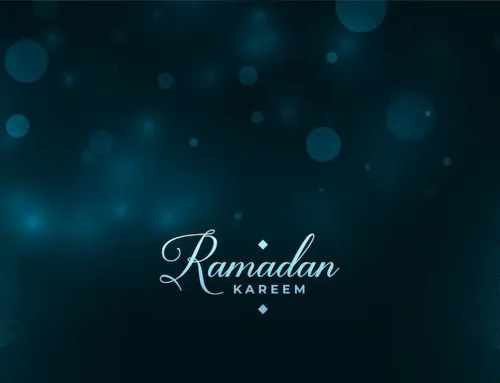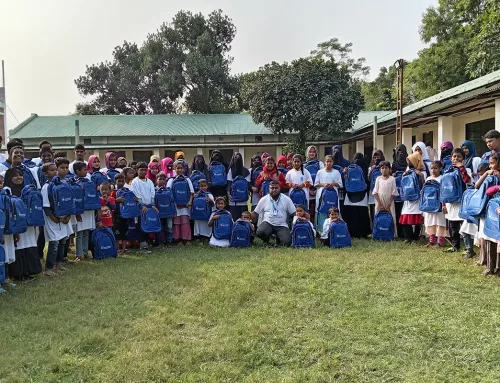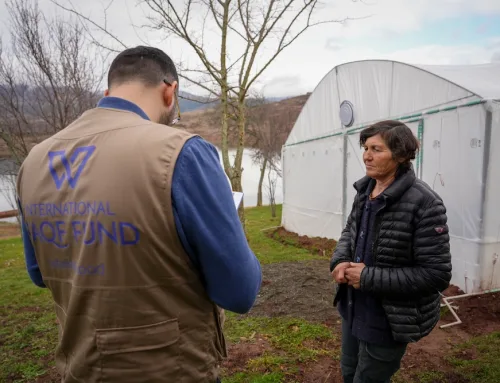Table of Contents
One mark of justice in our Islam is the obligation that is imposed on every individual to contribute to humanitarian solidarity, each according to their ability.
God has mandated zakat and sadaqat, allowing the poor to claim a portion of the wealth of the affluent. This ensures that every individual recognizes their social and religious duty, embodied in the obligatory nature of zakat.
Zakat definition Islam
It is one of the five fundamental pillars of Islam and an obligation upon every sane, capable, and accountable Muslim. It involves donating a specific portion of wealth (Nisab) when certain conditions related to time and value are met.
What is the appropriate quantity for Zakat?
The recognized threshold for Zakat is 2.5% of the total value of assets and wealth that have been held for more than one year.
A quorum refers to the minimum amount of a Muslim’s possessions that remain unchanged over a year. When this threshold is met, Zakat becomes due on those assets.
This value is determined in terms of gold and silver, guided by the prophetic Hadith. It specifies that the Zakat threshold corresponds to 612.36 grams of silver or 87.48 grams of gold.
Represents an equitable economic system in Islam
It is considered a just economic system as it is levied only on those with monetary or asset wealth.
Furthermore, fairness is evident in its principle of humanitarian solidarity, wherein Allah grants the paupers a right to a share of the wealth of the affluent or capable.
Additionally, Zakat applies to all assets that meet the quorum and have remained intact over an extended period, such as cash, possessions, stocks, gold, silver, and business profits.
Moreover, there’s Zakat Al Fitr, an annual obligation for all Muslims during Ramadan. Its amount is determined yearly, reflecting the cost of nutritious items essential for feeding the paupers.
So imagine, if every Muslim faithfully contributed 2.5% of their wealth regularly. Would the prevalence of poverty remain the same across all communities?
From this perspective, the influence of Zakat as both an economic and social system becomes clear, empowering millions globally to enhance their quality of life.
Each donor is likely to strive to compensate for the amount they’ve given, and in turn, God spreads blessings in this life and the hereafter. Meanwhile, the impoverished individuals who receive Zakat can afford their daily necessities.
Those who benefit from it.?
Surat Al Tawba has explained in detail the categories of zakat beneficiaries, in this ayah:
The obligatory charity shall be only for the poor and the needy, and for those who work to collect it, and to influence hearts (to belief), for ransoming captives, and debtors in the Way of Allah and the destitute traveler. It is an obligation from Allah. Allah is Knowing, Wise. (60)
This means it is allocated to:
- Empowering Poor Communities
- Administrators responsible for managing and distributing Zakat funds
- New converts to Islam, to strengthen their faith and establish themselves firmly in the religion
- Prisoners and those in debt
- Causes dedicated to the service of God
- The homeless, encompassing refugees, displaced individuals, and those without any shelter
- Relatives who are in poverty or in need
What is the difference between Zakat & Sadakat?
In the spirit of Islamic unity, any contribution made for the sake of God is considered Sadaqa, yet the specifics and nuances distinguish various forms of Sadaqat.
| Sadaqah | This encompasses any donation made for the sake of God, regardless of its amount or timing, and is considered sunnah. |
| Sadaqah Jariyah | This refers to any form of sadaqah Jariyah that leaves a lasting impact and yields ongoing benefits. It is also sunnah, irrespective of its value and timing. |
| Waqf | A financial contribution that preserves the original capital while its effects and benefits continue, similar to sadaqah jariyah. This, too, is sunnah. |
| Zakat | A financial contribution with a defined amount and specific timing, which is obligatory. |
How to make an online donation?
Allocating donations to those who are most in need requires significant effort, time, and resources.
This is the mission of highly reputable organizations today, providing a convenient and straightforward online donation process. You can contribute your Zakat to our parent organization, “Islamic Relief Worldwide” which has an extensive presence across all continents.
Additionally, you can donate a Sadaqa Jariyah or a Waqf share at any time throughout the year and with any sum of money, via our website.





